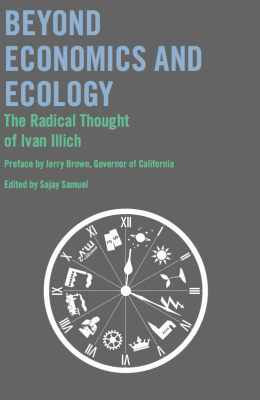Description
typical definition of abrogation found in the Jurisprudence literature is: ‘The (heavenly) replacement of one juridical ruling with a later ruling.’
This book surveys the subject of abrogation (Naskh) in the Qur’an, Hadith and Islamic literature, illustrating that the concept of abrogation was introduced after the Prophetic era in order to explain certain verses of the Qur’an and what has come to be termed as “conflicting Prophetic narrations” (Mukhtalaf al-Hadith).
It goes on to suggest that the “abrogated rulings” were merely pre-Islamic cultural practices that contradicted with Islamic principles. Furthermore, the book argues that the Qur’anic verses and Prophetic narrations, which were misperceived as “conflicting,” should be contextually situated and applied according to the wisdom behind them with the practical implication being the validation of all Qur’anic verses and (authentic) Prophetic instructions regardless of their perceived contradictions. Allowing Islamic jurisprudence to retain its flexibility within changing circumstances.
Dr. Jasser Auda is the Executive Chairman of the Maqasid Institute, a global think tank based in London, and a Visiting Professor of Islamic Law at Carleton University in Canada. He is a Founding and Board Member of the International Union of Muslim Scholars, member of the European Council for Fatwa and Research, Member of the Fiqh Council of North America, Al-Shatibi Chair of Maqasid Studies at the International Peace College South Africa, Fellow of the Islamic Fiqh Academy of India, and General Secretary of Yaqazat Feker, a popular youth organization in Egypt. He has written 25 books in Arabic and English.
 العربية
العربية  English
English 




